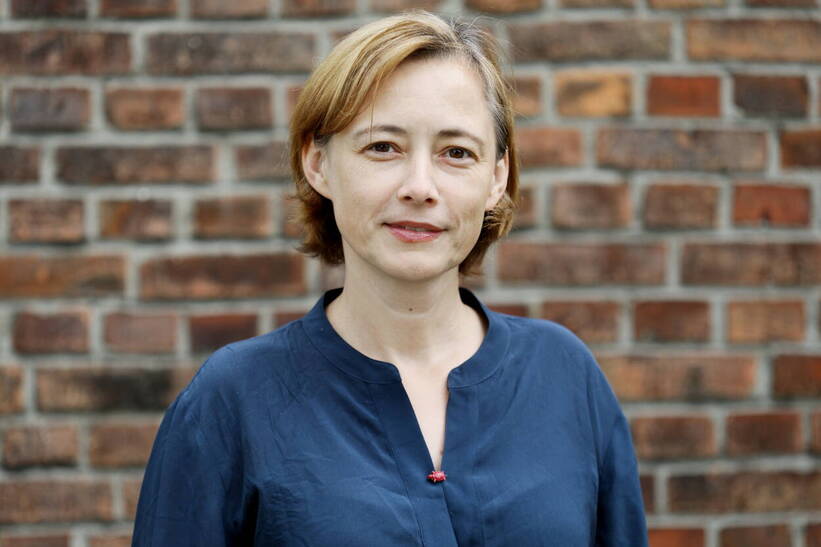- 제목
- [Newsletter] Insights on North Korean Human Rights: Interview with Joanna Zenona Hosaniak, Professor at Yonsei GSIS
- 작성일
- 2024.03.20
- 작성자
- 국제학대학원
- 게시글 내용
-

Joanna Zenona Hosaniak is a Professor at Yonsei GSIS. Credit: PAP/Tomasz Viktor
By: Alexander Rivera
Editor-in-Chief, Yonsei GSIS News Letters; and YJIS Junior Editors for Fall Semester 2023
Joanna Zenona Hosaniak, Deputy Director General of Citizens’ Alliance for North Korean Human Rights and Adjunct Professor at the Yonsei Graduate School of International Studies, shared profound insights into the human rights landscape in North Korea in the last edition of the Yonsei Journal of International Studies (YJIS).
With a focus on the challenges and the crucial role of advocacy in addressing these issues, Ph.D. Joana Zenona Hosaniak’s expertise provides a comprehensive understanding of the complex realities faced by the North Korean people.
Through her lens, this interview by the Junior Editors at YJIS aims to deepen awareness and foster a collective commitment to addressing pressing human rights concerns in North Korea.
-Could you delve into the human rights situation in North Korea, explaining to our readers some of the most critical issues and briefly informing them about some initiatives that the Citizens’ Alliance for North Korean Human Rights is taking to address these challenges?Thank you very much for this opportunity. First, let me briefly introduce myself. I am the Deputy Director General at the Citizens Alliance for North Korean Human Rights, the oldest organization in South Korea devoted solely to addressing North Korean human rights issues. Back in the 90s, neither the international community nor the UN system was addressing the human rights issue in North Korea. We believe it is very important to internationalize and transnationalize the issue, especially during the mid-90s, so we have been working since then.
In North Korea, the biggest problem we observed is the Songbun system, which is similar to the caste systems that have operated in other countries. It was artificially created by the government, dividing the population based on allegiance to the state and on family history. Family history typically traces back three generations, but for high-level positions at the government, they screen people from between five to eight generations to ensure that only the most loyal people will be part of the elites. Those who are classified under the lowest level of the system are usually subjected to all forms of discrimination. Such discrimination is not only in terms of access to education, as very often they cannot receive any secondary education; they also cannot choose jobs as they frequently inherit jobs from their parents. Moreover, this type of discrimination limits their right to food. That means the kind of food they eat also depends on the class they belong to.
That is why, when a huge wave of North Koreans fled to China in the mid-90s, the majority of them belonged to the lowest caste in North Korea. These were the most discriminated against and the most affected by famine. We suspect that at least one to two million people died of hunger at that time. Many of the victims started to flee to other countries as well, including South Korea. At that time, the civil society in South Korea organized itself and the Citizens’ Alliance pioneered information gathering and documenting the situation in North Korea by interviewing those who escaped.
It is also important to advocate with the government to establish a support system for those coming here. We often say that this is one ethnic group, Koreans, who speak the same language; yet for 70 years, they have been living in a completely different system, so it is hard for them to resettle and adjust to life in a democratic and technologically advanced country like South Korea.
We not only encourage the government to create special policies for this population but also create different types of programs ourselves. Since the beginning, Citizens’ Alliance has been providing special resettlement and education programs for North Korean children and youth. We also provide rescue operations in China for women who have been trafficked by Chinese criminal organizations. We help these women and children and offer them a safe place in South Korea.

